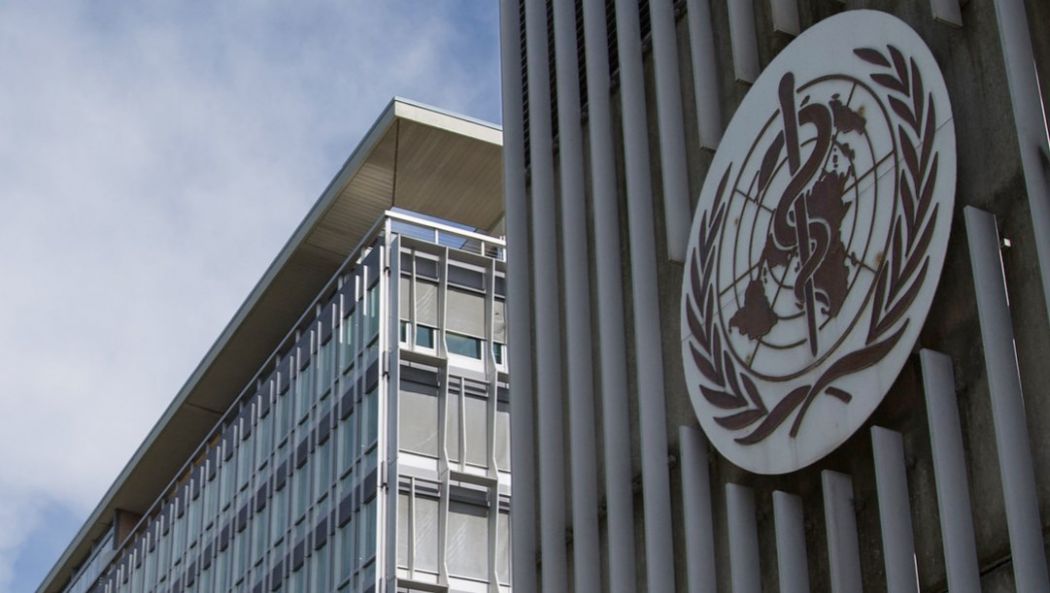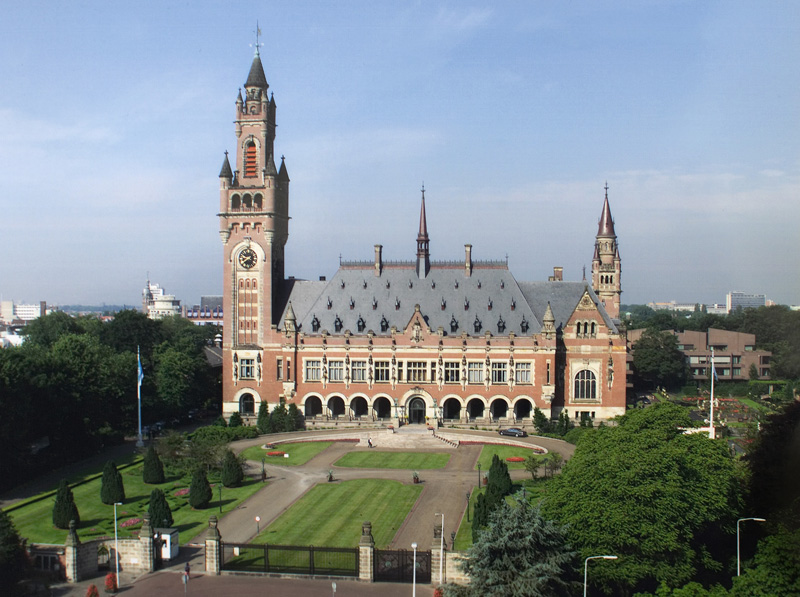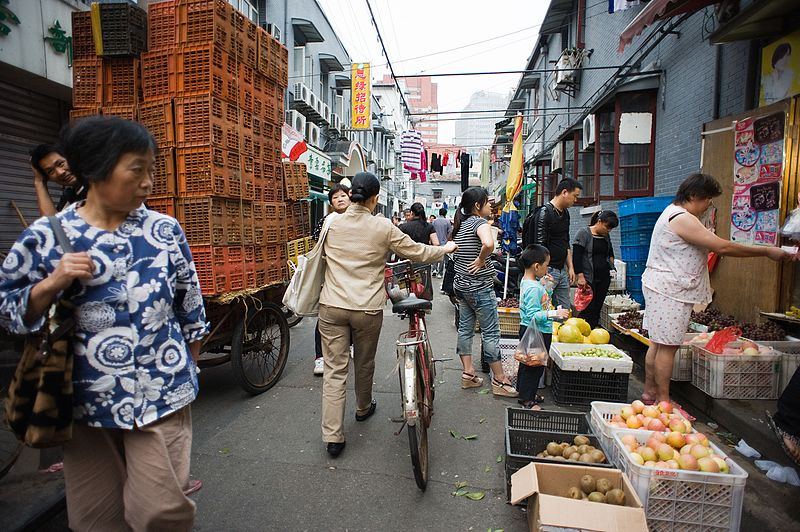Covid-19 has infected more than 2 million people and caused over 150,000 deaths worldwide. The financial impact has been equally devastating, with economic activity in entire countries grinding to a halt and no sight of a return to normalcy. Ultimately, everyone has been negatively affected by the pandemic in one way or another.
Naturally, the world demands accountability for this deepening pandemic crisis. The labelling of the disease by US President Donald Trump and Secretary of State Mike Pompeo as the “Chinese Virus” or the “Wuhan Virus” was one such effort.

The Chinese government and the World Health Organization (WHO) countered such rhetoric, which only discouraged international coordination to combat the disease and stigmatised Chinese people.
Indeed, we have observed isolated incidents of coronavirus-related discrimination against Asians. It is wrong to single out Chinese culture since the practice of eating exotic animals is prevalent in other parts of the world.
It is worth mentioning that intensive farming of “clean” animals was a contributing factor to another recent pandemic – swine flu in 2009.
But today’s age of political correctness plays right into the Communist Party’s narrative and allows it to deflect attention from their initial mishandling of the outbreak. Attempts to hold China accountable sometimes attract a negative connotation for being racist or geopolitically divisive. For example, the British scientific journal Nature apologized for associating its coverage of covid-19 with China citing that the origin of the virus has not been verified.
It will be tragic to allow any culprits to escape accountability because of political correctness. The international law framework can be a mechanism for countries to focus accountability on China because it has breached international obligations.

The international legal framework can provide a mechanism for countries, and their politicians, to levy criticism more precisely at the Chinese government, without leading to such consequences.
Global public health international law
A state commits an internationally wrongful act when it breaches an international obligation. In matters of global public health, the International Health Regulation (2005) (IHR) provides states with obligations and responsibilities to prevent, protect against, control and provide a public health response to the international spread of diseases. China is one of the 194 signatories to the IHR and is bound by its obligations.
Article 6 of the IHR requires states to provide expedited, timely, accurate and sufficiently detailed information to the WHO about potential public health emergencies.

Such information must be delivered to the WHO within 24 hours of assessing public health information, to galvanise efforts to prevent pandemics.
Internationally wrongful acts
The media have widely reported on the censorship and disinformation put out by Chinese authorities in the early and crucial stages of the Covid-19 outbreak. Wuhan authorities recorded the initial case of a pneumonia-causing virus on November 17, 2019. The number of cases rose rapidly to 266 by the end of December.
On December 27, Dr Zhang Zhixian, head of the respiratory department at the Hubei Provincial Hospital of Integrated Chinese and Western Medicine, announced the discovery of a new coronavirus to Chinese health authorities.
On December 30, Dr Li Wenliang circulated a private note to colleagues which referred to a new SARS-like outbreak, for which he was immediately reprimanded for spreading disruptive rumours. Li succumbed to the virus in early February.

The Chinese government did not report the outbreak to the WHO until December 31. The initial report did not specify the potential of human-to-human (HTH) transmission despite health authorities’ knowledge that approximately one-third of cases had no links to the Huanan Seafood Wholesale Market, where the virus is thought to have originated, and thereby must be caused by HTH transmissions.
The refusal to admit or report such potential resulted in harrowing consequence across the world. If media reports are accurate, it is likely China committed internationally wrongful acts by breaching its obligations under the IHR.
China’s liability for wrongful acts
Generally, states are under an obligation to compensate for injuries caused by internationally wrongful acts. In the Bosnian genocide case, the International Court of Justice stated that an injured state must establish a “sufficiently direct and certain causal nexus” to claim damages.
Therefore, in the Covid-19 pandemic, injured states must prove to a sufficient degree of certainty that the outbreak would not have happened had China complied with its obligations.

To this end, an epidemiological study by the University of Southampton is helpful. The study concluded that had China adhered to its IHR obligations one week sooner, the number of people affected by the virus would have decreased by 66 per cent. This reduction jumps to 95 per cent had China acted three weeks sooner.
The quantum of damages would also be a difficult issue to resolve. A British think-tank, the Henry Jackson Society, estimated that the economic cost of the pandemic is in the neighbourhood of US$6.5 trillion for the G7 countries alone.
How can states pursue a claim against China?
Article 56 of the IHR provides dispute settlement mechanisms of the regulations. First, efforts are to be made through peaceful means, such as mediation or conciliation, failing which the disputes may be referred to the director-general of the WHO for resolution. Lastly, concerned state parties may agree to settle the disputes in the Permanent Court of Arbitration.
There are several challenges to face in pursuing a claim against China under international law. First, countries may be reluctant to claim damages for a breach of IHR obligations. Virus transmission from animals to humans is now quite common, due to factors such as intensive farming and increased tourism. Diseases originate from transparent and democratic countries as much as from anywhere else.

Identifying and reporting novel viruses is inherently difficult. Quite frankly, countries may not want to establish any precedent in this area of international law. This is perhaps a reason why there has never been a dispute arising from the IHR to date.
Second, China is unlikely to participate in international arbitration. For example, in 2016 the Philippines brought an arbitration case against China under the United Nations Convention on the Law of the Seas concerning territorial disputes in the South China Sea. China declared it would not participate in the arbitration and simply rejected the court’s ruling.
Lastly, countries can unilaterally submit a dispute between states to the International Court of
Justice, the judicial organ for the United Nations, for resolution. However, it is extremely difficult if not impossible to enforce a potential judgment against China. Permanent Security Council members such as China can veto any enforcement action.
Do not expect any actual reparations from China in international law. However, the legal process can keep the spotlight on the Chinese government’s role in the ongoing crisis without attracting criticism for incensing cultural or racial hatred.
